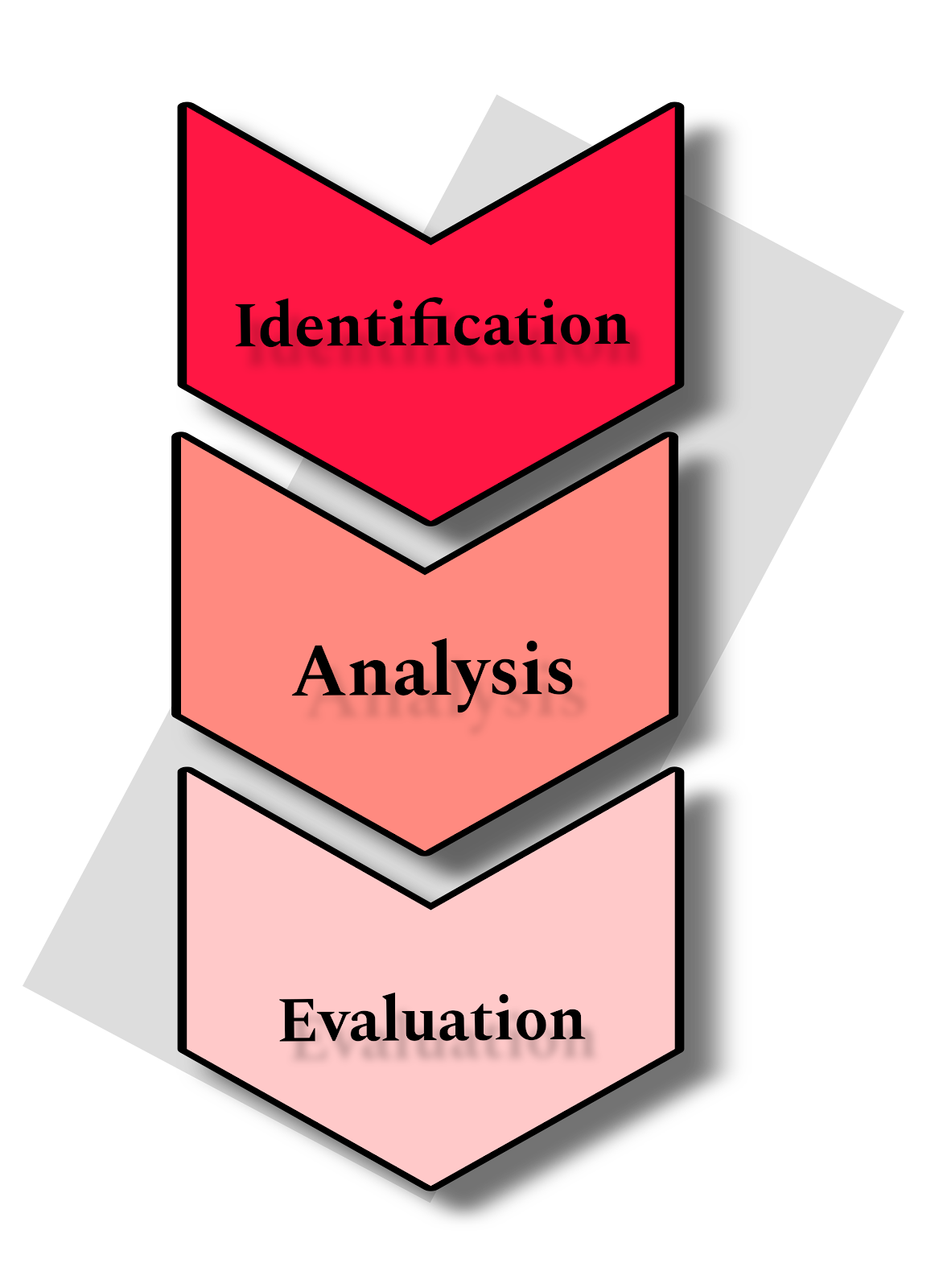HCM experts recommend vaccination
Getting vaccinated (or not) for any disease is a decision that each of us has to make. Ideally, it should be based on understanding the potential risks and benefits of the vaccine - and the risks and benefits of not getting vaccinated.
What is a vaccine?
A vaccine is something that stimulates the immune system to respond to disease-causing agents like viruses or bacteria. One common misunderstanding is that "immune response" means that you cannot become infected. This isn't correct; an immune response means that your system can better fight off the infectious agent. Some vaccines can produce an immune response that makes the chance of getting the disease almost zero. Others may produce an immune response that helps fight off the disease but does not prevent it.
The COVID-19 vaccine
With current COVID-19 vaccines, sometimes people get the disease after being vaccinated. This does not mean the vaccine is ineffective. The course of the disease is typically much shorter and less dangerous if you're vaccinated than if you're not. And it also happens that people get infected by a viral strain that isn't covered by the vaccines they've received. In any case, we know this much: many fewer get the disease if they have been vaccinated. Among those who do get the disease, many fewer have severe consequences like hospitalization or death.
Increased risk among HCM patients
People with HCM are not at any increased risk for becoming infected. But we are at much greater risk of severe consequences like lung or heart issues if we do develop COVID-19. That provides a strong argument for vaccination, especially because the vaccines are quite good at preventing hospitalization and death.
Can vaccines have bad consequences?
Of course they can - like any medical treatment! Anything that causes an immune response may make you feel sick. After all, many symptoms are mainly caused by our immune responses and not directly by the infectious agent. Fever is an example; allergic reactions are also possible, though not extremely common.
Hearts, COVID-19, and vaccines
More particularly, can the COVID-19 vaccines lead to heart problems like myocarditis or pericarditis? Yes, but not often! There is an increased rate of myocarditis following vaccination, mostly among young men. On average, about 1 to 10 in 100,000 people in the US are diagnosed with myocarditis every year. The vaccines appear to increase risk, but not nearly as much as COVID-19 itself does! A large American study by Block et al. (2022) found that the risk of heart complications in men age 18-29 was 7-8 times greater among those infected with the COVID virus than among those vaccinated. Among males age 12-17 the risk was 2-6 times greater among those infected than among those vaccinated. It's not clear if the risk increased at all among females. So: yes, the vaccines can increase your risk or heart complications, as compared with someone who is not infected. But infection increases your risk even more.
Conclusion: docs recommend vaccination
For HCM patients, the COVID vaccine offers significant benefits with small risks. Not getting vaccinated offers no substantial benefits and fairly large risks. This is the reason HCM specialists unanimously and strongly recommend vaccination.
Literature cited
Block JP, Boehmer TK, Forrest CB, et al. Cardiac Complications After SARS-CoV-2 Infection and mRNA COVID-19 Vaccination — PCORnet, United States, January 2021–January 2022. MMWR Morb Mortal Wkly Rep 2022;71:517-523. DOI:http://dx.doi.org/10.15585/mmwr.mm7114e1


